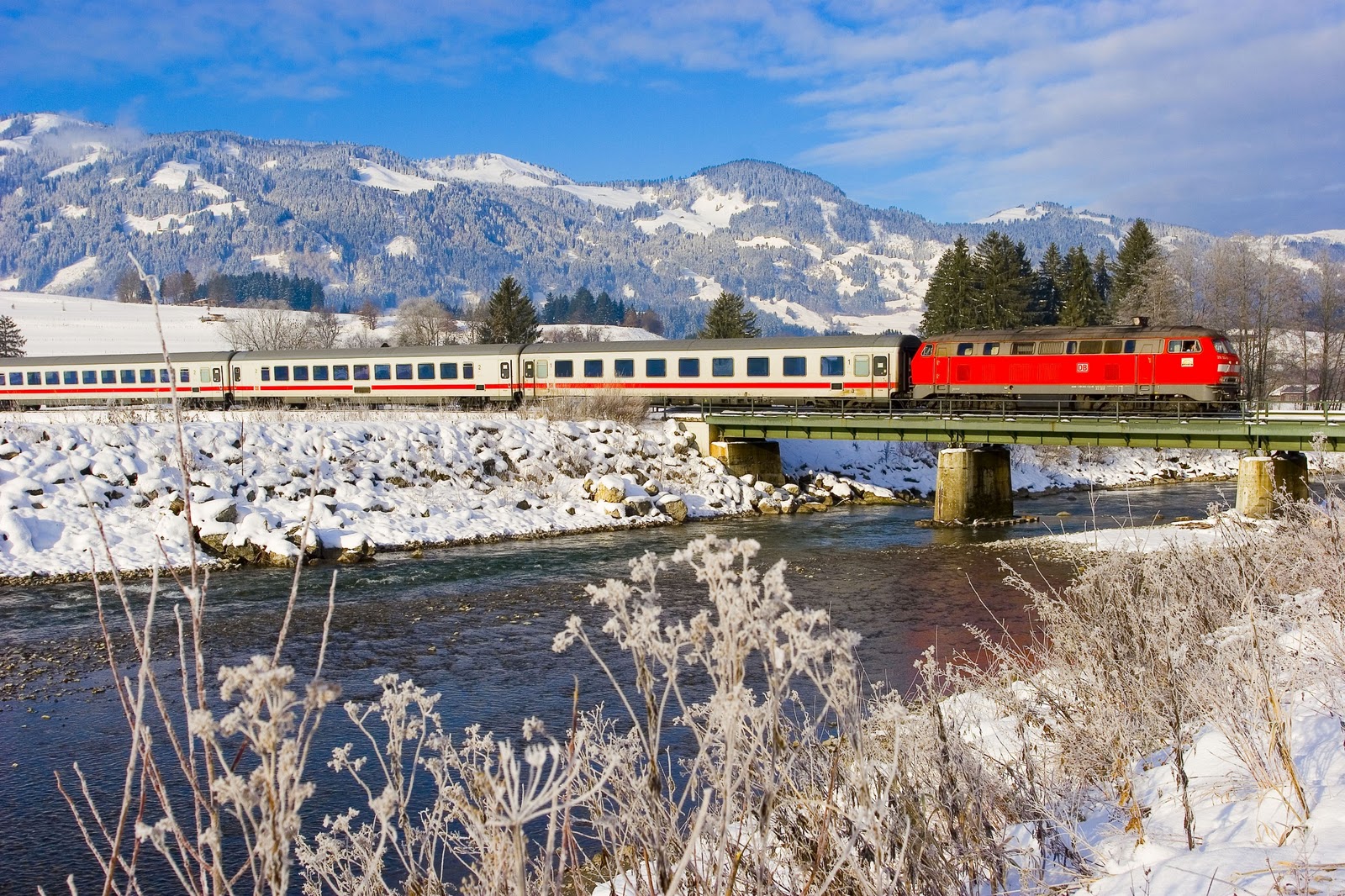Economic Nonsense: 16. Government should own and run vital industries such as transport and energy
This is laughably untrue. Where governments own and run industries, whether 'vital' or not, they pursue political rather than economic objectives. In the case of things such as transport and energy, they will be tempted to keep prices below economic levels to gain electoral popularity, or at least to avoid unpopularity. Such industries will tend to be under-capitalized, since capital expenditure is less visible to the public than are transfer payments such as pensions and welfare. Governments cannot spend the same money on both, and the former attracts less support than the latter. This under-capitalization threatens future supplies. In the case of transport it means that there will probably not be enough infrastructure built to meet future demand. In the case of energy it poses the threat of future power cuts.
If the state owns and runs transport and energy, those industries will be more prone to strike action. Unions behave more cautiously with private firms because they do not want to risk the firms closing or going bankrupt. This does not happen in the public sector, so the unions have more clout. For the same reason state industries will also tend to be over-manned. This is not mere theory. All of these things actually happened in state-owned industries in Britain, including transport and energy. Train services were unreliable and equipment was shoddy and outdated. In the energy sector there were blackouts.
Although we use the term "public ownership," the public cannot exercise any of the rights of ownership as they do when things are privately owned. Instead it is politicians and bureaucrats who decide priorities, rather than businesses trying to anticipate and cater for public demand. When people talk of the need for the state to run 'vital' industries, we do well to remember that few are more vital than the food industry. One can imagine what it might be like if the state controlled the supplies, determined what should be produced, and only sold through state-owned outlets. We don't have to imagine this. It happened in Soviet Russia and was characterized by shortages, low quality produce, and interminable queues at state shops.

